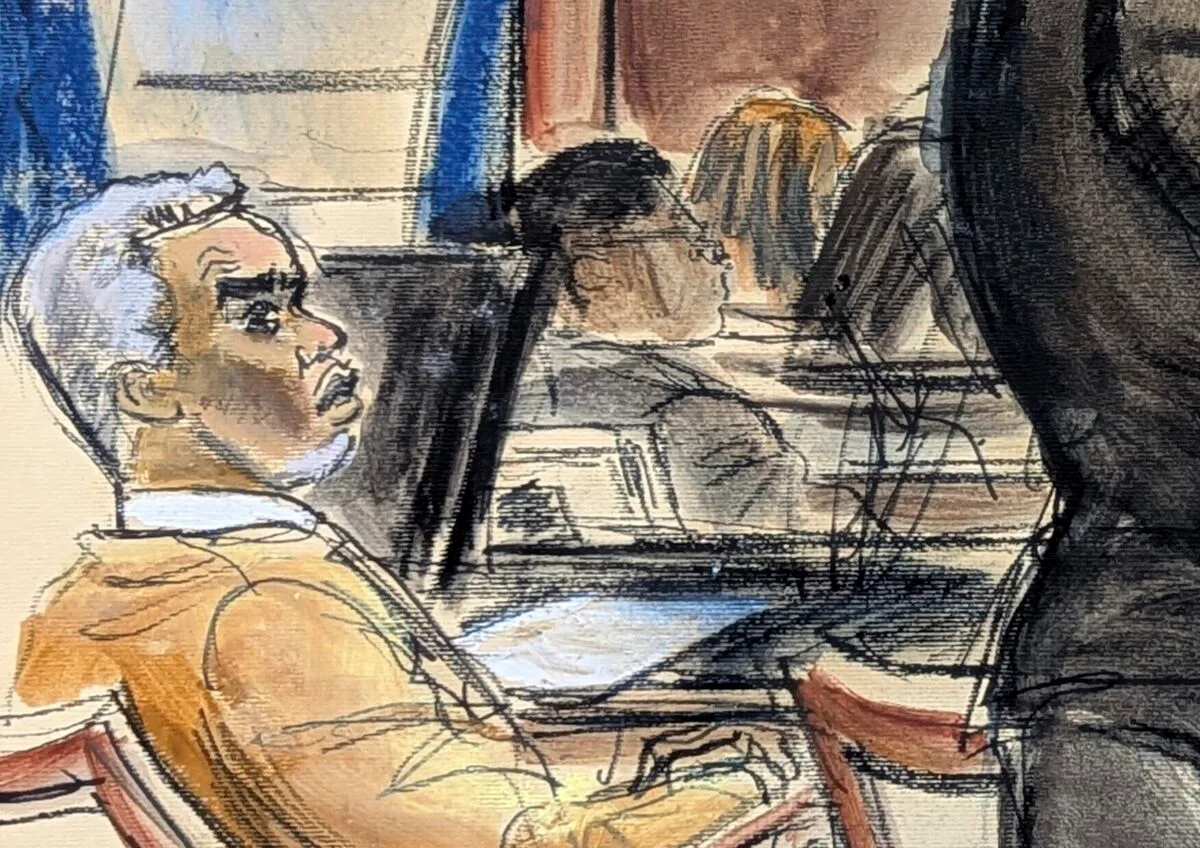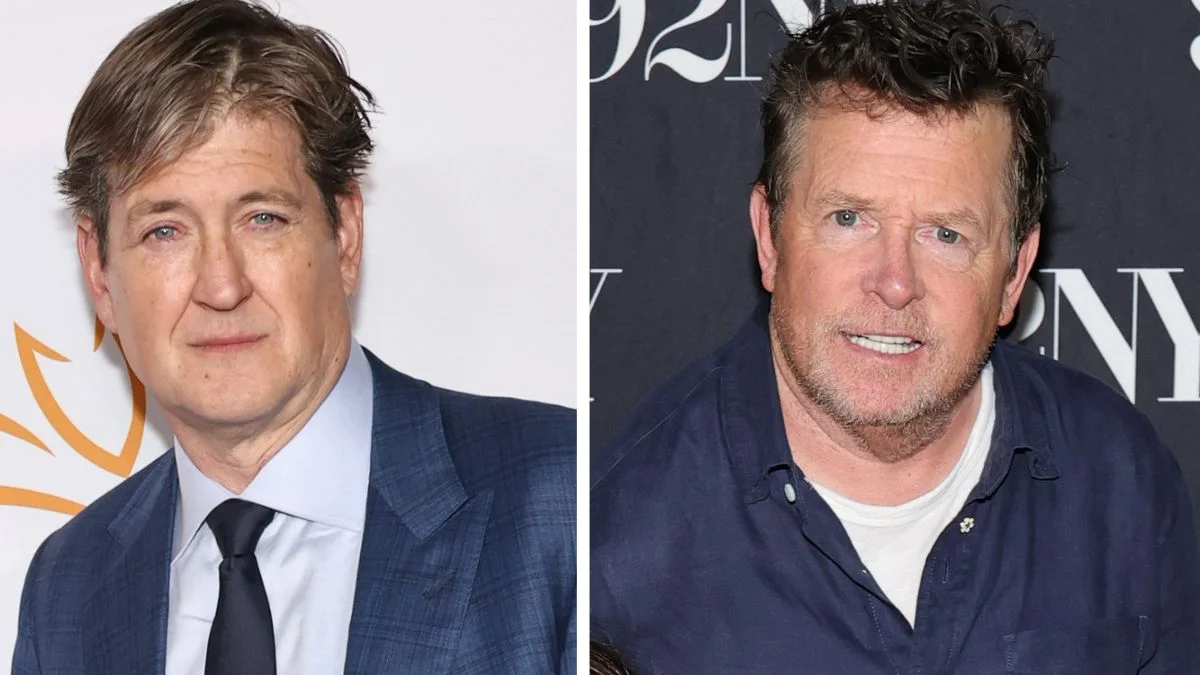After months of public scrutiny, court drama, and emotional testimony, Sean “Diddy” Combs, one of the most influential figures in modern music, has been sentenced to more than four years in federal prison. The ruling marks the most dramatic chapter yet in a saga that has shaken the entertainment industry and forced a national conversation about power, celebrity, and accountability.
Combs’s conviction centers on two counts of transporting individuals across state lines for the purpose of prostitution, a violation of the Mann Act. Though acquitted of more severe charges, including racketeering and sex trafficking, the 55-year-old entrepreneur and producer still faces a profound fall from grace — from a billionaire mogul to an inmate serving time in federal custody.
A Fall from Music Royalty
For nearly three decades, Sean Combs — known variously as Puff Daddy, P. Diddy, or simply Diddy — has been a defining figure in hip-hop culture. From founding Bad Boy Records in the 1990s and launching the careers of artists like The Notorious B.I.G. and Faith Evans, to building empires in fashion, spirits, and television, Combs cultivated an image of unstoppable ambition.
But behind that glossy façade, prosecutors painted a starkly different picture — one of control, abuse, and exploitation. The courtroom heard from multiple women, including ex-partner Cassie Ventura, who described harrowing experiences of manipulation, forced encounters, and violent behavior hidden beneath Combs’s polished public persona.
The Trial: Allegations and Verdict
The trial, which unfolded over several intense weeks, featured emotional testimony from victims, former employees, and industry insiders. Prosecutors argued that Combs used his fame and wealth to orchestrate a network of exploitation under the guise of lavish parties and exclusive events.
Key testimony came from women who alleged that Combs coerced them into participating in sexual acts, sometimes under threat or intoxication. Prosecutors also introduced evidence of “freak-offs” — private gatherings where paid escorts were allegedly flown in and pressured into sex acts for Combs’s entertainment.
The defense, led by a team of high-profile attorneys, maintained that the encounters were consensual and that the prosecution’s case was fueled by opportunism, sensationalism, and public prejudice. They described Combs as “flawed but not criminal,” emphasizing his contributions to music, philanthropy, and business.
After two weeks of deliberation, the jury acquitted Combs of the most severe charges but convicted him on two counts of violating the Mann Act. The split verdict was seen by some legal observers as a compromise — acknowledging wrongdoing while stopping short of labeling Combs a trafficker.
Sentencing Day: Tension and Emotion in Court
The sentencing hearing in Manhattan federal court was a tense, emotionally charged affair. Prosecutors pushed for more than 11 years behind bars, arguing that Combs had shown little remorse and used his influence to shield himself from accountability for decades.
Defense attorneys sought leniency, requesting a sentence closer to one year, citing Combs’s charitable efforts, age, and reported struggles with substance abuse. They argued that his long career and lack of prior convictions should warrant compassion.
But Judge Melissa Roman made clear that the court had to send a message. “Power cannot place anyone above the law,” she said, emphasizing that the case was about more than celebrity. In her ruling, she cited “a pattern of exploitation and coercion” that had caused lasting harm to others.
The judge sentenced Combs to 50 months in federal prison, imposed a $500,000 fine, and ordered three years of supervised release after his term. Time served will count toward his sentence, meaning Combs could be eligible for release in roughly three years with good behavior.
As the sentence was read, Combs appeared stoic but shaken. His family, including several of his children, were present in the courtroom. Afterward, his lawyers confirmed they would appeal, calling the verdict “a serious miscarriage of justice.”
Inside Diddy’s Defense: Claims of Misrepresentation
Combs’s defense team has argued that the case was tainted by media bias and public opinion long before the first witness took the stand. They pointed to the flood of civil lawsuits and viral allegations that had surfaced against the artist in recent years, claiming those claims created a presumption of guilt.
They also accused prosecutors of overreach, saying they relied on outdated laws — such as the Mann Act, originally enacted in 1910 — to secure a conviction in a case that involved consensual adult relationships.
Still, the evidence presented in court was damning. Jurors were shown flight records, financial transactions, and communications that supported the prosecution’s argument that Combs organized and financed interstate trips for sexual purposes. Several witnesses also described fear and manipulation that blurred the lines of consent.
The Broader Fallout
The verdict and sentencing have sent shockwaves through the music industry. For years, Combs represented the archetype of the self-made hip-hop mogul — a bridge between street culture and corporate success. His companies, including Revolt TV and Sean John, symbolized the rise of Black entrepreneurship in entertainment.
Now, his legacy stands in ruins. Partnerships have been severed, licensing deals canceled, and his influence largely erased from the business world he once dominated. Streaming platforms and brands once aligned with him have distanced themselves since the allegations surfaced.
Beyond the industry, the case has reignited debates over power dynamics in entertainment, consent, and the ability of victims to hold high-profile figures accountable. Many see the trial as part of the larger post-#MeToo reckoning still unfolding across multiple sectors.
What Happens Next
Combs’s legal team has already filed notice of appeal, claiming procedural errors and judicial bias. They also plan to challenge the use of certain witness statements they argue were prejudicial and unrelated to the charges at hand.
If the appeal fails, Combs will serve his sentence at a medium-security federal facility. Legal experts note that with good behavior and early release programs, he could serve closer to 36 months.
Meanwhile, civil lawsuits filed by several accusers remain active in state and federal courts, meaning Combs faces continued legal exposure even while behind bars.
Legacy in Question
Sean “Diddy” Combs’s story now stands as one of the most shocking downfalls in American pop culture — from the heights of musical dominance to the isolation of a prison cell. For many, it’s a reminder of how unchecked power can corrode the very image it helped build.
His name once symbolized the glamour and ambition of hip-hop’s golden age. Today, it stands as a cautionary tale of accountability, celebrity, and the limits of influence.
Whether he rebuilds his image after serving his time remains to be seen, but one thing is certain: the verdict has permanently altered how the world remembers Sean Combs.
















Leave a Reply